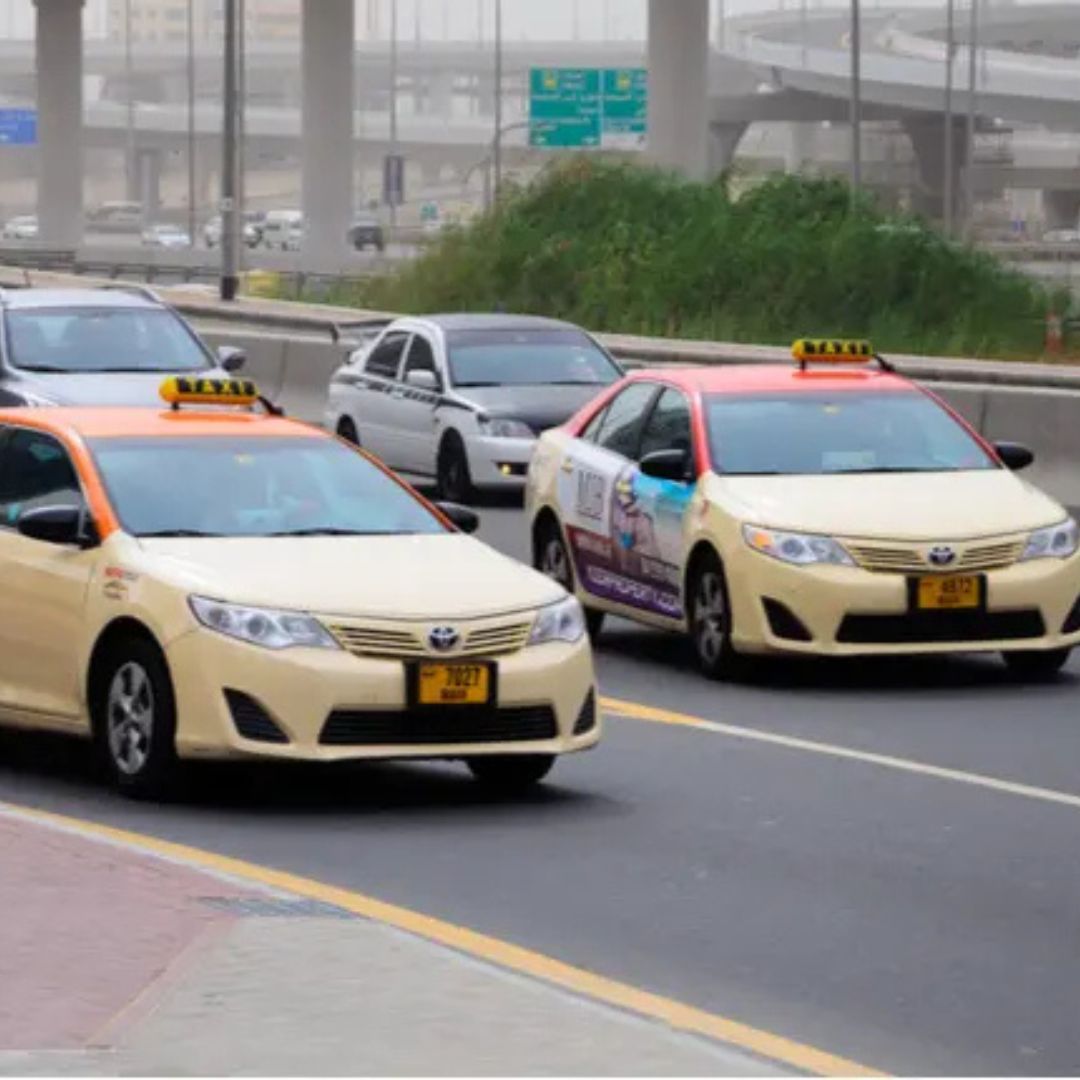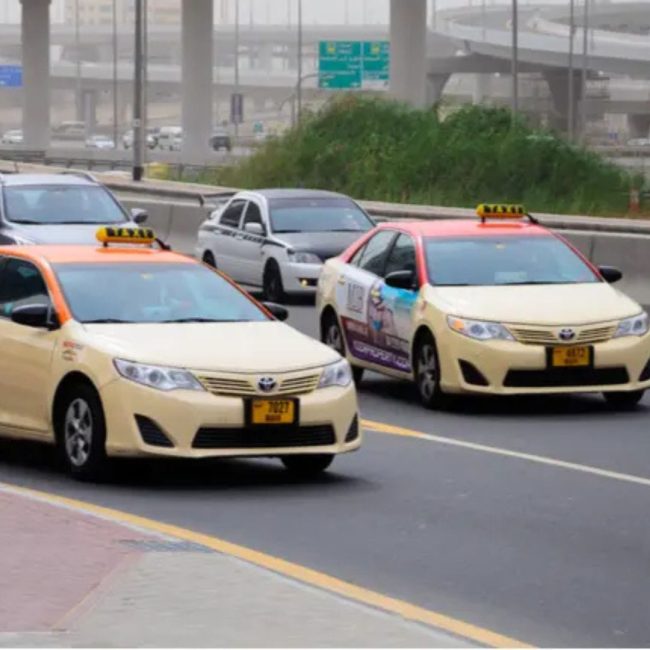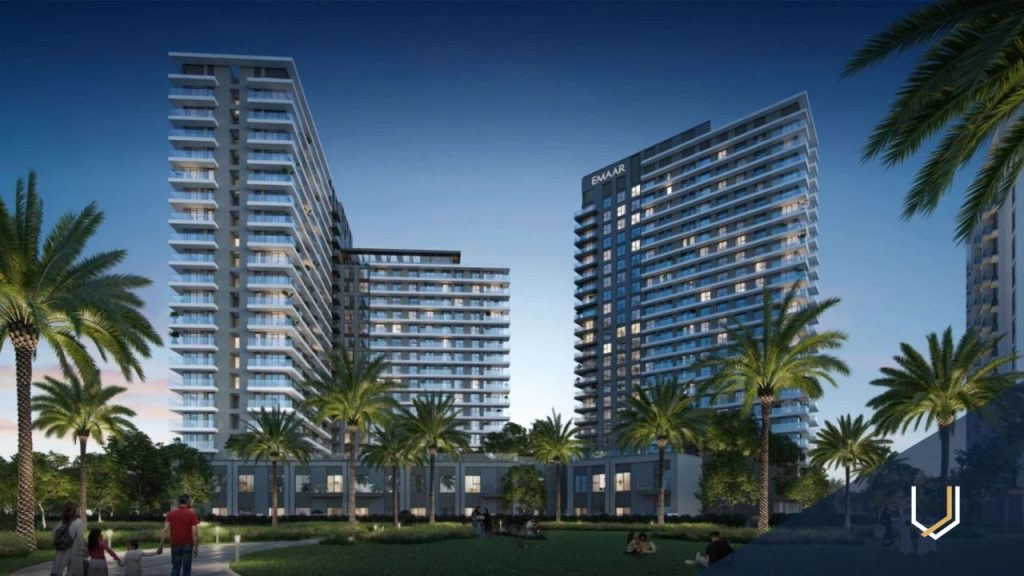
Shared Cab Service in Dubai and Abu Dhabi: Driving Smart, Sustainable Urban Mobility
The shared cab service in Dubai and Abu Dhabi is transforming urban transport with a sustainable, cost-efficient, and tech-enabled alternative to traditional taxis. As part of the UAE’s smart mobility strategy, this service helps reduce traffic congestion, lower carbon emissions, and promote a more inclusive commuting experience.
Backed by government support and operated under the guidance of the Roads and Transport Authority (RTA) in Dubai and the Integrated Transport Centre (ITC) in Abu Dhabi, shared cab services are quickly becoming a key part of the UAE’s public transport ecosystem.

What is the Shared Cab Service?
The shared cab service in Dubai and Abu Dhabi is a government-regulated ride-sharing system that provides an affordable, convenient, and eco-friendly alternative to traditional taxis. Passengers traveling in the same direction share a single cab, splitting the fare and reducing the number of vehicles on the road. Key features include operations on high-demand routes, fares significantly lower than standard taxis, booking via mobile apps or designated stops, real-time tracking, and options for ladies-only or family-friendly cabs. The service allows office workers, students, and daily commuters to enjoy comfortable, reliable transport while supporting sustainable urban mobility.
Affordable, Flexible, and Convenient
The shared cab service in Dubai and Abu Dhabi is a cost-effective, flexible, and safe alternative to traditional taxis. Operating under official transport networks, it combines the convenience of ride-sharing with regulatory oversight, ensuring a reliable commuting experience. Passengers heading in the same direction share a cab, splitting the fare and reducing the number of vehicles on the road, which helps ease congestion and lower carbon emissions.
Key Features:
- Operates on selected high-demand routes: Covers major residential, commercial, and educational hubs to serve the highest commuter traffic efficiently.
- Fares significantly lower than standard taxis: Sharing rides reduces costs by 30–50%, making it ideal for daily commuters, students, and budget-conscious travelers.
- Booking via mobile apps or designated stops: Riders can easily schedule rides through official apps or pick up cabs at clearly marked zones in popular areas.
- Real-time tracking and estimated time of arrival: GPS-enabled vehicles provide accurate ETAs and live tracking, ensuring passengers can plan their schedules with confidence.
- Options for ladies-only or family-friendly cabs: Specialized services cater to women and families, offering enhanced safety and comfort.
- Eco-friendly and traffic-reducing: Fewer vehicles on the road contribute to lower fuel consumption, reduced emissions, and smoother traffic flow.
- Convenient for diverse commuter groups: Designed to accommodate office workers, students, and frequent travelers, providing a reliable and efficient transport solution.
This system allows commuters to access affordable, comfortable, and safe transport without compromising convenience, while also supporting Dubai and Abu Dhabi’s smart mobility and sustainability goals.
Government Support and Regulation

The shared cab service in Dubai and Abu Dhabi operates under strong government oversight, ensuring safety, reliability, and alignment with national mobility goals. Managed by the RTA in Dubai and the ITC in Abu Dhabi, the service integrates with public transport to enhance last-mile connectivity. Key initiatives include fare discounts and loyalty programs, designated pick-up zones in commercial areas, seamless integration with Metro and bus networks, and strict adherence to safety and hygiene standards. These measures encourage widespread adoption, reduce single-occupancy car trips, and support the UAE’s Green Mobility Strategy 2030 and Net Zero 2050 vision for sustainable urban transport.
Integration with National Mobility Goals
The shared cab service in Dubai and Abu Dhabi is a key component of the UAE’s broader strategy to enhance last-mile connectivity and reduce dependence on private vehicles. By offering an affordable, reliable, and environmentally friendly transport option, the service supports the government’s vision for smart, sustainable cities. Both the Roads and Transport Authority (RTA) in Dubai and the Integrated Transport Centre (ITC) in Abu Dhabi have introduced a series of incentives and regulatory measures to encourage widespread adoption.
Key Initiatives and Incentives:
- Fare discounts and loyalty programs: Regular commuters can enjoy reduced fares, subscription packages, and rewards, making shared cab usage financially attractive.
- Designated pick-up zones in commercial districts: Strategically located boarding points ensure smooth operations and minimize disruptions in high-traffic areas.
- Integration with Metro and public bus stations: Shared cabs complement public transport by providing seamless connectivity from stations to final destinations, improving overall transit efficiency.
By expanding shared mobility options, the UAE aims to reduce single-occupancy car trips, lower traffic congestion, and achieve its Green Mobility Strategy goals for 2030 as well as the Net Zero 2050 vision, reinforcing the country’s commitment to a cleaner, smarter, and more sustainable urban environment.
Environmental and Urban Impact
Shared cab services in Dubai and Abu Dhabi play a vital role in promoting environmental sustainability and improving urban life. By reducing the number of private vehicles on the road, these services lower traffic congestion, cut fuel consumption, and significantly decrease carbon emissions. Key benefits include 30–40% lower emissions per trip, reduced traffic bottlenecks, and increased road efficiency on busy routes like Sheikh Zayed Road and Hamdan Street. Beyond environmental gains, shared cabs contribute to smarter, eco-friendly urban planning, supporting the UAE’s vision for sustainable cities while enhancing accessibility, convenience, and overall quality of life for residents.
Reducing Congestion and Emissions
The shared cab service in Dubai and Abu Dhabi is playing a crucial role in promoting environmental sustainability while improving urban mobility. By encouraging multiple passengers to share a single vehicle, the system significantly reduces the number of private cars on the road, easing traffic congestion and lowering greenhouse gas emissions. This not only benefits commuters by reducing travel time but also contributes to cleaner air and a healthier city environment.
Environmental Benefits:
- 30–40% lower emissions per trip: Sharing rides reduces the carbon footprint of each passenger compared to private vehicle usage.
- Reduced fuel consumption and traffic bottlenecks: Fewer vehicles on the road help minimize fuel usage and prevent congestion during peak hours.
- Increased road efficiency in dense areas: Key routes like Sheikh Zayed Road in Dubai and Hamdan Street in Abu Dhabi experience smoother traffic flow.
- Supports eco-smart city initiatives: Reduced emissions and optimized road usage align with the UAE’s long-term sustainability and smart city objectives.
These initiatives directly contribute to the UAE’s vision of eco-friendly, efficient, and livable urban spaces while supporting national goals like the Green Mobility Strategy 2030 and Net Zero 2050.
Digital Transformation and AI Integration
Digital tools and AI are central to the efficiency of shared cab services in Dubai and Abu Dhabi. AI-powered algorithms match passengers with similar destinations, optimize routes in real time, and improve driver productivity, ensuring faster and smoother commutes. Key innovations include smart dispatching, predictive traffic analytics, contactless payments, and passenger feedback systems for quality control. Additionally, cloud-based mobility hubs and Mobility-as-a-Service (MaaS) platforms integrate shared cabs with metro, tram, bus, and micro-mobility options like e-scooters. By leveraging technology, the UAE is creating a fully connected, intelligent transport ecosystem that enhances convenience, efficiency, and sustainable urban mobility.
Technology Enhancing Ride-Sharing
Digital tools and AI-driven systems are at the heart of the shared cab service in Dubai and Abu Dhabi, ensuring that the system is efficient, reliable, and convenient for passengers. Advanced technology allows operators to match riders heading in the same direction, optimize routes in real time, and improve overall driver performance, creating a seamless commuting experience. These innovations not only enhance user convenience but also support the UAE’s goals for smart, connected, and sustainable urban mobility.
Key Technological Innovations:
- Smart dispatching based on real-time demand: AI algorithms match passengers with similar destinations, reducing wait times and maximizing vehicle occupancy.
- Predictive traffic analytics for time-saving: Advanced systems anticipate traffic congestion and dynamically adjust routes to save time.
- Contactless fare payments and e-wallet integration: Riders can pay safely and conveniently using digital wallets or app-based payments.
- Passenger feedback systems for quality control: Real-time reviews and ratings help maintain high service standards and improve driver performance.
- Integration with MaaS and cloud-based hubs: Dubai and Abu Dhabi are developing Mobility-as-a-Service (MaaS) platforms that connect shared cabs with metro, tram, bus, and micro-mobility options like e-scooters.
By leveraging digital transformation and AI, shared cab services are not only improving efficiency and passenger experience but also paving the way for a fully connected, smart urban mobility ecosystem in the UAE.
Strategic Expansion and Service Zones
Shared cab services in Dubai and Abu Dhabi have expanded strategically to cover high-demand residential, commercial, and educational areas. In Dubai, key zones include Al Rigga, Bur Dubai, Karama, Business Bay, JLT, and Dubai Internet City, while Abu Dhabi’s coverage extends to Al Khalidiyah, Al Danah, Mussafah, Reem Island, and Airport Road. Popular among low- to middle-income commuters, fares typically range from AED 5 to AED 15 per passenger, making daily travel affordable. Ridership has surged by 60% over the past year, reflecting growing adoption and trust. Strategic zone coverage ensures better last-mile connectivity, smoother traffic flow, and increased urban mobility efficiency.
Service Zones and Ridership Trends
Shared cab services in Dubai and Abu Dhabi have rapidly expanded since their introduction, targeting areas with high commuter demand and dense residential and commercial activity. By offering an affordable and reliable alternative to private cars, the service has become increasingly popular among low- to middle-income commuters, students, and office workers.
Key Service Zones:
- Dubai: Al Rigga, Bur Dubai, Karama, Business Bay, Jumeirah Lake Towers (JLT), and Dubai Internet City are key areas where shared cabs operate, connecting major business, residential, and leisure hubs.
- Abu Dhabi: Al Khalidiyah, Al Danah, Mussafah, Reem Island, and Airport Road are served, providing reliable transport links across important commercial and residential districts.
Ridership Trends and Affordability:
- Popular among low- to middle-income commuters: The service provides an economical alternative for daily travel without compromising convenience.
- Average fares: Typical fares range from AED 5 to AED 15 per passenger, depending on the distance traveled.
- Significant growth in usage: Ridership has increased by 60% over the past 12 months, reflecting growing trust and adoption among commuters.
- Impact on commuting patterns: Shared cabs reduce reliance on private vehicles, contributing to smoother traffic flow and improved last-mile connectivity.
This expansion demonstrates the strong demand for shared mobility solutions and highlights the strategic importance of service coverage in enhancing accessibility, affordability, and overall urban transport efficiency in both cities.
Real Estate Synergies and Investment Impact

The rise of shared cab services in Dubai and Abu Dhabi is transforming the real estate market by enhancing accessibility and connectivity. Properties near shared cab routes are increasingly attractive to renters and buyers due to reduced commuting costs and better transit options. At Valorisimo, we track the positive link between transit infrastructure and property performance. Locations served by shared cabs are witnessing a 10–15% increase in rental yields, higher demand for co-living and student housing, and stronger commercial property performance. Investors can capitalize on these opportunities, aligning their strategies with the UAE’s urban growth and sustainability initiatives.
A Boost for Transit-Oriented Development
The expansion of shared cab services in Dubai and Abu Dhabi is not only transforming urban transport but also creating significant opportunities in the real estate market. Properties located near shared cab corridors are becoming increasingly attractive due to enhanced accessibility, reduced commuting costs, and improved connectivity with commercial and residential hubs.
At Valorisimo, we monitor the impact of transit infrastructure on property performance and help investors identify high-potential locations. Data shows that neighborhoods served by shared cabs are experiencing measurable growth in both residential and commercial real estate.
Key Real Estate Impacts:
- 10–15% increase in rental yields: Properties near shared cab routes are commanding higher rental rates due to improved accessibility and convenience.
- Surge in demand for co-living and student housing: Affordable and reliable transport attracts students and young professionals seeking well-connected accommodation.
- Stronger commercial property performance: Offices, retail spaces, and coworking hubs in serviced areas are seeing increased occupancy and business activity.
- Enhanced property attractiveness: Improved transport links elevate the desirability of residential and mixed-use developments.
- Investment alignment with urban growth strategies: Shared cab corridors create opportunities for investors to benefit from transit-oriented development while supporting the UAE’s sustainability goals.
By leveraging these transport-linked opportunities, investors can make informed decisions that align with Valorisimo’s insights on urban mobility and property growth, ensuring both sustainable and profitable investments.
Future Outlook Towards a Fully Connected Smart Mobility Network
Looking ahead, shared cab services in Dubai and Abu Dhabi are expected to:
- Expand fleets with hybrid and electric vehicles, reducing environmental footprint
- Increase coverage by 50% by 2027, reaching more neighborhoods and commercial hubs
- Integrate with a unified national ride-sharing platform for seamless travel
- Leverage AI and data analytics for predictive, efficient transport planning
With these advancements, shared cabs will not only offer cost-effective commuting but will become a central pillar of smart city infrastructure, supporting sustainability, convenience, and investment growth. The shared cab service is more than just a transport alternative—it represents a strategic shift toward future-ready, sustainable cities. With reduced congestion, lower emissions, and increased property value in connected neighborhoods, it offers a win-win solution for commuters, urban planners, and investors alike.
Ready to Invest in Transit-Linked Properties?
With Dubai and Abu Dhabi’s shared cab services expanding rapidly, properties near key mobility corridors are becoming smarter, more connected investments. At Valorisimo, we help you identify high-potential locations and make informed decisions that align with the UAE’s urban growth and sustainability strategies.
Frequently Asked Questions (FAQ)
What is the shared cab service?
It is a government-regulated ride-sharing system where passengers heading in the same direction share a cab, making commuting more affordable, convenient, and eco-friendly.
How much does it cost and where does it operate?
Fares typically range from AED 5–15 per passenger, with service available in high-demand zones like Al Rigga, Bur Dubai, Business Bay, JLT, Al Khalidiyah, Mussafah, and Reem Island.
What are the benefits of using shared cabs?
Shared cabs reduce traffic congestion and emissions, provide cost-effective commuting, and boost property value near serviced corridors due to improved accessibility.
Related Posts

Golden Visa Dubai: Complete Guide for Investors in 2025

UAE Mortgage Guide: 2025.

Service Charges in Dubai & Abu Dhabi 2025.

Spotlight on Dubai’s Most Active Developers in 2025

A Comprehensive Guide to Mortgages in Dubai Real Estate

How Cryptocurrency is Shaping the Future of Real Estate in Dubai

Living in Dubai: Expat Guide 2025

Buying Property in Dubai with Cryptocurrency

